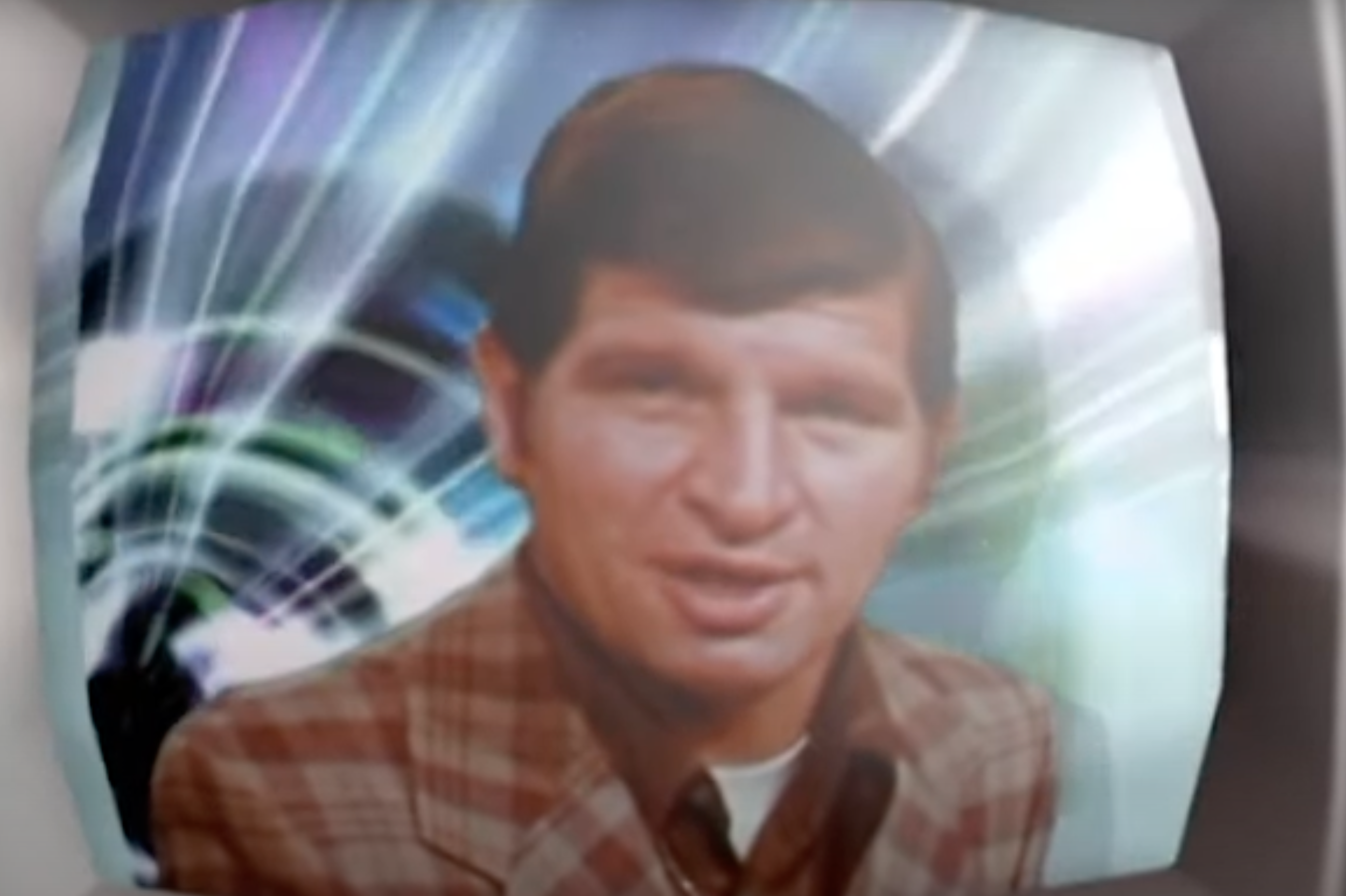A nonprofit TV history museum was temporarily taken offline after a group working on behalf of Sony filed a series of copyright takedown requests for episodes of TV shows that were 60 years old. Before it was taken down, archivists managed to make backup copies of the museum’s content, highlighting both the fragility of online archives and the archiving community’s penchant for quickly making copies of anything that’s under imminent threat.
Earlier this week, TorrentFreak reported that the Museum of Classic Chicago Television, which has its own website but has operated primarily on YouTube since 2007, got a series of notices alerting it that YouTube would delete its channel within 48 hours in part because he uploaded two episodes of the TV series Bewitched from 1964. An anti-piracy company called MarkScan, working on behalf of Sony, filed a series of copyright complaints with YouTube that led the museum, which has official nonprofit status, to pass a threshold in which YouTube would delete the channel. YouTube eventually did delete the channel, which was down for multiple hours on Wednesday when I tried to access it.
Rick Klein, the president and chief curator of the museum, was eventually able to get the channel back online. When I reached him for comment, he said “the situation is resolved now and the channel is back up!” but didn’t elaborate on what happened. Immediately after the channel came back, he posted a 1980 ABC after school special called “Where Do Teenagers Come From?” The description of the video said “Everyone have a nice week? :-)” The episodes of Bewitched that were subject to takedown requests are no longer on the channel. MarkScan, an Indian company that does takedown requests for a host of Hollywood studios, did not respond to a request for comment. I was, however, able to find a few Digital Millennium Copyright Act takedown requests filed by MarkScan for the Bewitched episodes in question.
Over on the r/DataHoarder subreddit, a user posted “Hoarders needed. TV Museum Will Die in 48 Hours Unless Archived.” Immediately after the post, several users began downloading everything the museum had posted, and a few people made torrents of the archive so that storage of it could be decentralized. “Panic over, multiple copies have been made,” a moderator there posted.
Since its founding in 2007, the museum has been uploading Chicago-area TV commercials, news broadcasts, public service announcements, and TV shows. Most of the videos are from the 60s, 70s, and 80s, with a few from the early 90s. The museum’s website notes that many of the video tapes they are digitizing are donated directly by people who work or worked at TV stations in the area:
“The Museum of Classic Chicago Television is constantly searching out vintage material on old videotapes saved in basements or attics, or sold at flea markets, garage sales, estate sales and everywhere in between. Some of it would be completely lost to history if it were not for our efforts. The local TV stations have, for the most part, regrettably done a poor job at preserving their history. Tapes were very expensive 25-30 years ago and there also was a lack of vision on the importance of preserving this material back then. If the material does not exist on a studio master tape, what is to be done? Do we simply disregard the thousands of off-air recordings that still exist holding precious ‘lost’ material? We believe this would be a tragic mistake.”
All of this nominally worked out because the museum is back online. But the entire saga highlights the fragility not just of the original source material—much of which is lost already, as Klein notes—but of the archives and backups of this material. The default stance of most companies like Google, Twitter, and Facebook is that rights holders are always right, and that any copyrighted material that’s posted online can and should be taken down if the rights holders want it to be.
Subscribe
Much of this process has been totally automated: Companies like MarkScan exist specifically to scan the entire internet and threaten whoever uploads copyrighted content anywhere, under almost any context. Last year, MarkScan flagged Sony’s website, on behalf of Sony, for copyright infringement, for example. Tools like YouTube’s ContentID proactively identify copyrighted material, and rights holders can decide what happens to it. They can monetize other people’s videos, have it taken down, or have songs and sounds removed from videos. If a company decides to file a DMCA takedown request, most tube sites and web hosts will automatically side with the company filing the request, leaving the burden of proving that a video should not be taken down on the person who uploaded it and requiring them to go through a lengthy, often semi-automated appeals process in order to keep the video up.
All of this creates a burden for everyday content creators, and it’s an existential threat not just for places like the Museum of Classic Chicago Television, but for our shared culture and history, which is always at risk of being lost. There’s an adage that “the internet is forever.” Having covered copyright issues for a decade, I know that’s definitely not the case.


